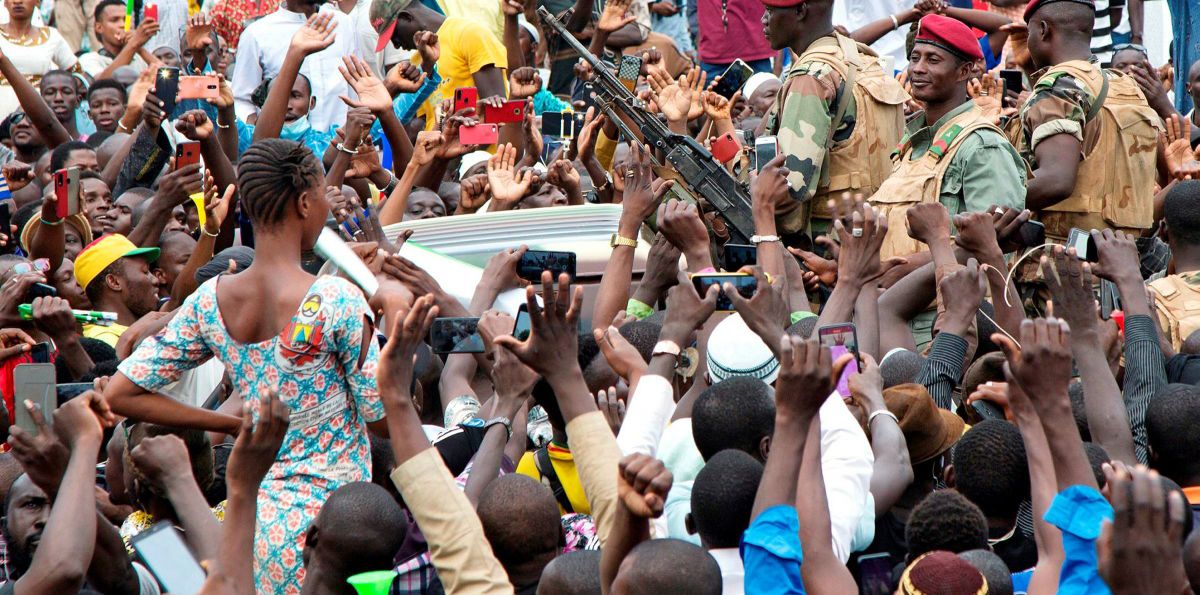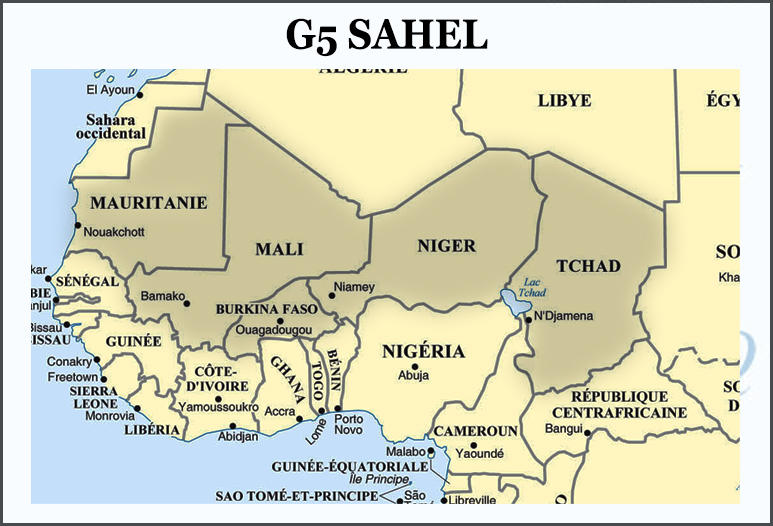OPINION: Last week’s mutinous putsch by Malian army officers against President Boubacar Keita is cause for concern among oil and gas companies operating in the region, not least in Senegal and Mauritania’s burgeoning industry.
The bloodless coup was swiftly denounced by the African Union, which demanded the immediate recall of the ousted president and Prime Minister Boubou Cisse, yet people were seen rejoicing on the streets of the capital Bamako.
Popular frustration had mounted over alleged corruption and growing insecurity in the landlocked state, most of it controlled by Tuareg militia and terror groups Islamic State and Al Qaeda.
French Armed Forces Minister Florence Parly insisted Operation Barkhane, a UN-backed French military campaign to neutralise the Islamist insurgency, would be unaffected.
France has 5100 soldiers deployed to assist and train the G5 Sahel militaries of Mali, Chad, Niger, Burkina Faso and Mauritania and is desperately seeking funds to shore up the mission in the wake of US President Donald Trump’s decision to scale down US counter-terror operations.
Keita may now be relocated to Senegal by Mali’s army junta, comprising senior officers well-liked in the ranks and led by US-trained Colonel Assimi Goita.
The events of 18 August reflect a wider malaise. Recent weeks have seen the advance of East Africa’s Al Qaeda affiliate to threaten liquefied natural gas developments operated by Total and ExxonMobil in Mozambique.
South Africa is wary of entering the fray for fear of jihadist retaliation on its own territory — Russia’s Wagner Group tried and failed to assist the Mozambique army but quit the scene, popping up again this month in Libya’s southwestern oil patch.
Russian mercenaries have sought access to natural resources in return for quelling rebellion but have had limited success with the US, for now, deploying substantial diplomatic capital to exclude Russian entities from participation in oilfield equity.
Lukoil failed to snare desired acreage in Equatorial Guinea and in Senegal where Nigerian independent Oranto Petroleum was also persuaded against a proposed farmout to Rosneft.
Perhaps more critical is the spill-over into sub-Saharan Africa of intense competition between the Emirati-Saudi alliance and a coalition of Qatari-Turkish interests with Iran as an active participant, all vying to win friends and influence people across the continent.
Underlying the geopolitical rivalry are sharp religious differences between Wahabi Sunni extremists and the expansionary Muslim Brotherhood, fed by Turkish President Recep Tayyip Erdogan who this week landed a massive, open-ended security deal with G5 member Niger.
France is appalled, having failed to secure either Saudi or Qatari finance for the G5 which may now crumble, with President Emmanuel Macron using funds borrowed by Senegal to hastily build a military camp at Goudiry near the Mali border to combat cross-border threats.
Little more than 600 kilometres of desert separates restive Islamist militias from the Senegal-Mauritanian coast, while just to the north Iran stands accused by Morocco of using Hezbollah to train up Polisario rebels just in case the US caves in and backs Rabat’s claim to sovereignty over Western Sahara.
One false move and an attack on Senegal’s flagship oil and gas developments could blast both out of the water before either Sangomar or Greater Tortue Ahmeyim have pumped a drop — and Woodside Petroleum, Total and BP are well aware of the threat.
(This is an Upstream opinion article.)(Copyright) |Photo : Bloodless coup: Malian army soldiers arrive amid a crowd of supporters in Bamako’s Independence Square after the overthrow of the country’s president Photo: AFP/SCANPIX
Sahel-Elite (Bamako-Mali)


